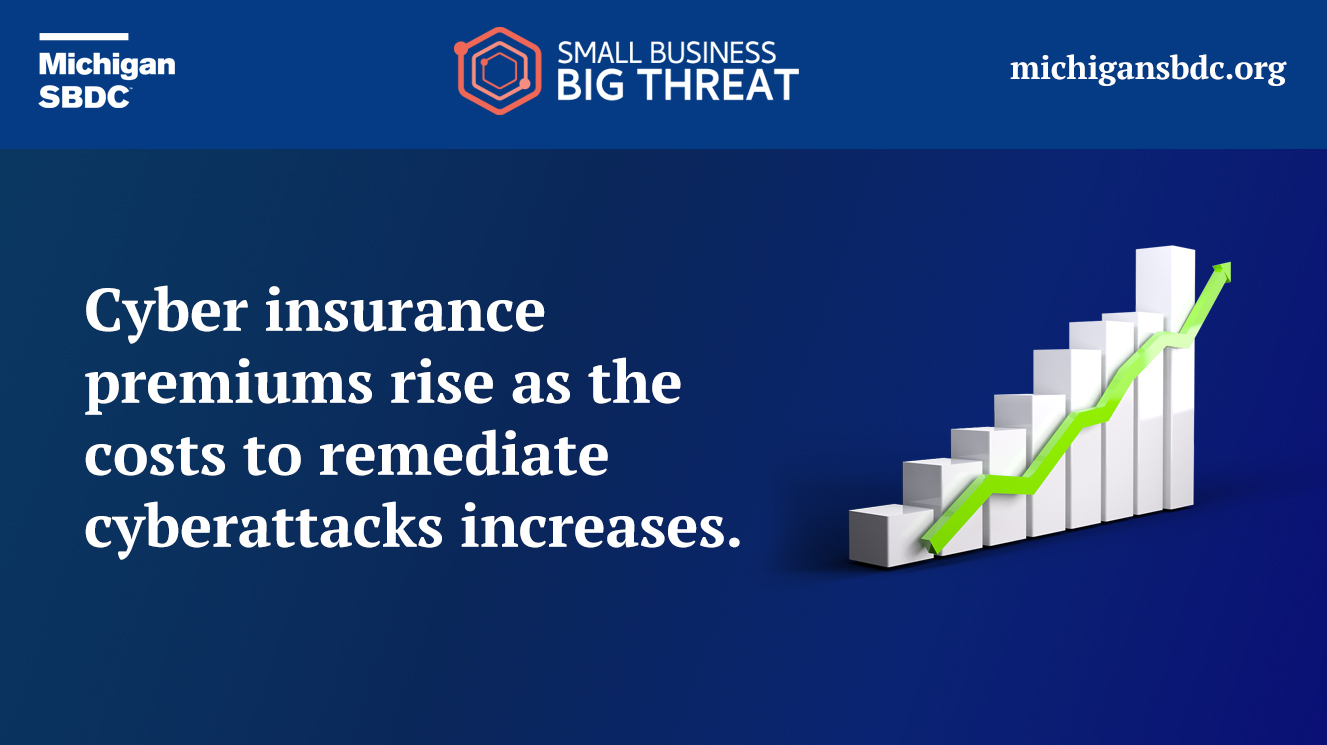 Cyber insurance premiums rise as the costs to remediate cyberattacks increases. This is really not too surprising as the cost of everything seems to be increasing. This creates challenges though, especially for small businesses as they try to proactively protect their businesses during cyberattacks. Raconteur reports on the rising costs of cyber insurance and other changes being made as the costs of remediation increase per incident.
Cyber insurance premiums rise as the costs to remediate cyberattacks increases. This is really not too surprising as the cost of everything seems to be increasing. This creates challenges though, especially for small businesses as they try to proactively protect their businesses during cyberattacks. Raconteur reports on the rising costs of cyber insurance and other changes being made as the costs of remediation increase per incident.
What is cyber insurance
Cyber insurance is a broad term for insurance that can aid and assist an organization to remediate a cyberattack. This can range from making a payout for ransomware, to digital forensics services, assisting with the recovery of assets, and so on. It is insurance to help keep your small business up and running or to get you back up and running again.
How has cyber insurance changed
Early on this type of coverage contained very little requirements for a business to purchase. You would buy it, if you fell victim to a cyberattack, the insurance would pay out. After seeing the astronomical rise in payouts, the insurance industry has implemented wide scale requirements to purchase a policy. These requirements include fully implemented cybersecurity plans and policies in place prior to purchase. The policies also started to exclude certain types of cyberattacks, like nation state attacks and cyberattacks directly related to war. The policies can also exclude coverage depending on the reasons or cause of the cyberattack. This could be something like an employee clicking on a phishing email and installing malware to the network.
What you can do
With the rising costs of remediation and cyber insurance premiums rising, it is important to be as proactive as possible when it comes to cybersecurity. This is whether you want to purchase a policy or not, minimizing your cyber risk should be a top priority moving forward.
For more information on small business cybersecurity resources, check out Small Business, Big Threat!